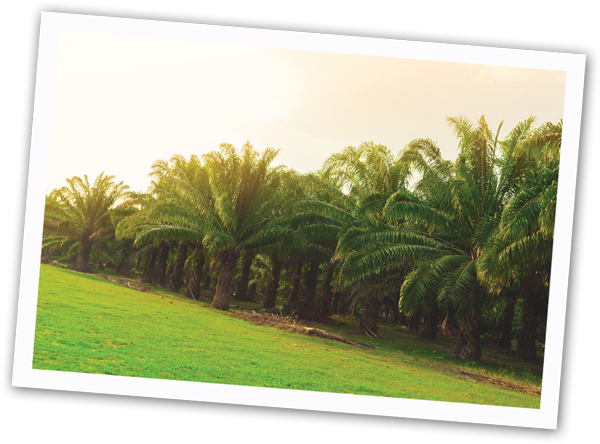



2017 has been a busy year thus far for palm oil especially in Europe. Led by health and environmental claims leveled against palm oil, Europe has launched multiple policy threats, which serve possibly to restrict trade in this important commodity. First, when the European Food Safety Authority (EFSA) released its scientific opinion on contaminants in all oils and fats, palm oil was narrowed down as a culprit by the media and even linked its consumption to cancer. Media twisted facts simply by association in an attempt to further scare consumers away from palm oil. Competing oils and fats, also carrying similar contaminants, were spared the agony.
The EFSA Opinion on process contaminants in foods concluded that all vegetable oils end up with some level of harmful contaminants when they are processed or refined. Media quickly sensationalized and used this report to link Palm Oil with cancer. However, the EFSA Opinion itself never concluded that Palm Oil was cancerous, nor did it advocate the banning of palm oil as a food commodity.
The EFSA report triggered significant debate within the scientific community and some authoritative committees questioned the robustness of the methodology used by EFSA to arrive at its conclusions. It short the relevance and accuracy of the EFSA Opinion was itself debated even as media continued to target palm oil. In response, EFSA decided to re-evaluate its conclusions and will possibly propose revised and updated information later this year.

The Malaysian Ministry of Plantation Industries and Commodities led by its Minister, Datuk Seri Mah Siew Keong, view these as major challenges and immediately the government announced a R&D grant of RM50 million to entice industry to find alternate process technologies that could eliminate these contaminants from palm and other oils and fats. Work is in progress and all going well, Malaysian palm oil may yet emerge as the only oil wherein the said contaminants are significantly reduced or even completely eliminated. Meanwhile unscrupulous competitors are active using the opportunity to call for reductions in palm oil consumption through various bans or even higher taxes on the commodity. So far there are no takers yet!
In April 2017, the European Parliament voted on a Resolution that negatively framed Palm Oil as a “driver of deforestation” omitting to take into consideration Malaysia’s advanced track record on sustainability and a century of commercial oil palm cultivation. One had to read the fine print of the EU Resolution to decipher fact from fiction. For starters, Malaysia’s record of forest management was acknowledged, albeit grudgingly despite its emergence as a major palm oil exporter. Production of certified sustainable palm oil was similarly on target, in fact more than the market was willing to consume. These are all testimonial to the good agricultural practices in the country.
The European Union empowered by the European Parliament’s majority vote on the resolution wants to invoke several regulatory procedures on palm oil use. However, it has to contend with the European Commissioners who have the unenviable task of not subscribing to factious demands but must make fact based legislative decisions. Currently two studies have been commissioned by the European Commission, 1) a feasibility study on options to step up EU Action Against Deforestation which is nearing completion, and 2) a study on Certification Schemes that is scheduled for first public discussion this fall. These studies will likely be used to influence and shape the EU Commission’s proposal on palm oil. Rumors have it that a timber industry styled FLEGT-arrangement for Palm Oil could emerge as their preference.

The end result could be imposition of far more restrictions on market access for Malaysian Palm Oil, and this will also be reinforced by a possible restriction on Palm biofuels in some EU Member States. France as usual has taken a first unofficial swipe at this. Indeed, ongoing discussions on the revision of the Renewable Energy Directive (RED) could enable Member States to impose restrictions on all biofuels including Palm Oil. Newly appointed French Environment Minister Nicolas Hulot has stated publicly that he plans to examine ways to restrict Palm Oil – specifically Palm biofuels – from the French market. This will only be possible if the revised RED leaves such a door open for Member States to act.
All these ongoing actions by the EU could further restrict the palm oil trade to Europe. But we are hoping that the wise offices of the European Commission prevails and they would be wise to listen and seek collaboration with Malaysia and to look at the available science and facts. After all, we officiated 100 Years of Oil Palm in 2017, and surely a century of experiences in a single commodity must mean far more than the EU Resolution, voted on lackluster information passed on to many unsuspecting European MEPS who simply vote with the crowd.
The months ahead of us will be crucial for Palm Oil everywhere!
Dr Kalyana Sundram
CEO, MPOC